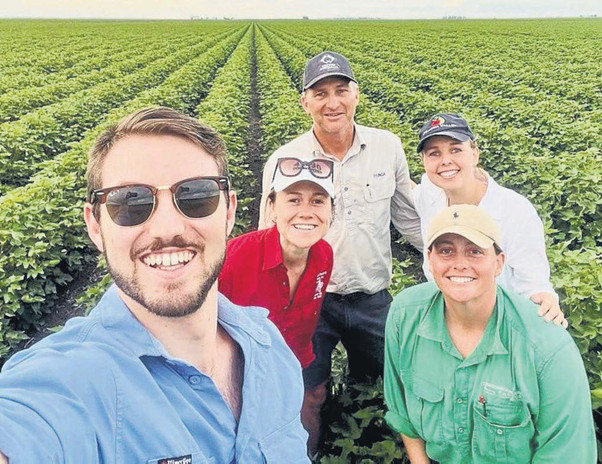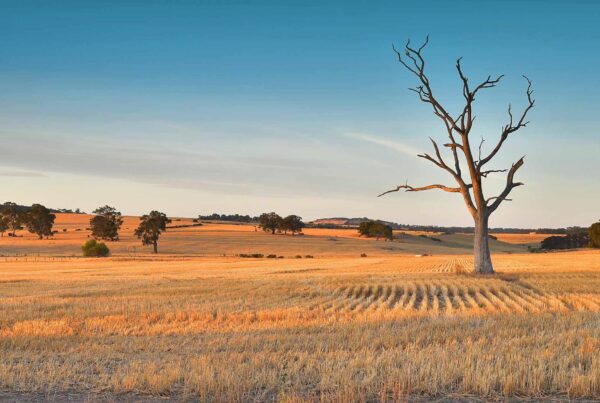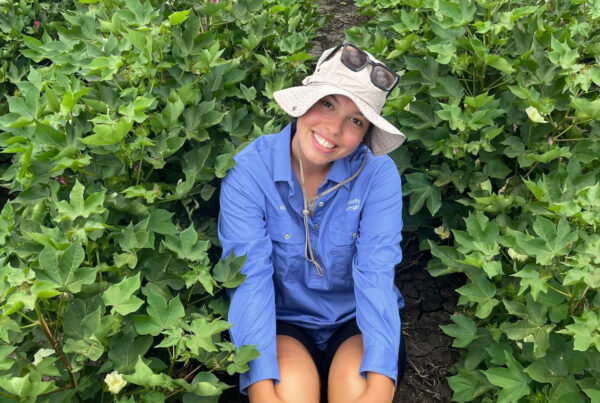As a young woman in agriculture, and the legal profession, I am no stranger to the ongoing discussion regarding the importance of diversity in agriculture. The call for more diversity on agricultural boards needs no introduction, but it has been pleasing to watch its evolution from disparity in female or youth representation to now include Aboriginal and Torres Strait Islander people, people with multicultural and non-English speaking backgrounds, and people with a disability given the crucial role they play in the agricultural sector. The federal government has shown its commitment to ensuring a more holistic approach is taken to planning and policy decision-making with the Agriculture, Fisheries and Forestry Portfolio Boards Register, which enables people with “diverse skills and backgrounds” to be informed of, and considered for, board member opportunities on government boards. As an only child growing up on a family farm, I am fortunate to have only experienced disparagement from becoming a farmer due to the inherent concerns around the long-term economic viability of primary production – not my capabilities.
The same can not be said for my early experiences on boards or in some corporate settings. While the door was opened to me early on, my desire to actively engage in the mission of some more traditional agricultural organisations was often short-lived. Diversity in opinion, experiences, culture and background is crucial when approaching investment, planning, or policy decision-making. Meaningful results only occur when individuals are in an environment where they are actively engaged and feel actively included, which is where many existing committees or boards come unstuck. However, due to our inherent desire to actively engage in decision-making relevant to industry, and in keeping with our evolving demographics, it is extraordinary to see many young aggies are leading by example when it comes to shifting the diversity dynamic in Australian agriculture. Much like we are already seeing in tertiary courses pertaining to agriculture or agribusiness, we have seen a considerable increase in the establishment of youth-led agricultural organisations, female representation within those youth-led organisations and engagement from first generation aggies.
In 2024, the Future Farmers Network retains a female majority in its board and executive committee and over half of the board are ‘first generation aggies’ and similar compositions can be seen in a range of youth-led organisations. While there is still a way to go in ensuring representation of Aboriginal and Torres Strait Islander people, people with multicultural backgrounds, or people with a disability – it appears youth-led organisations are well on the way to creating a more diverse and inclusive agricultural industry.
Author: Caitlin McConnel, a senior associate at Clayton Utz, a sixth-generation farmer and FFN chair.

Caitlin McConnel, Lauren Roellgen, Majella Nolan, Will Atkinson, FFN, and 2023 Bayer Cotton Grower of the Year Johannes Roellgen, Tyunga, Qld. Picture supplied



